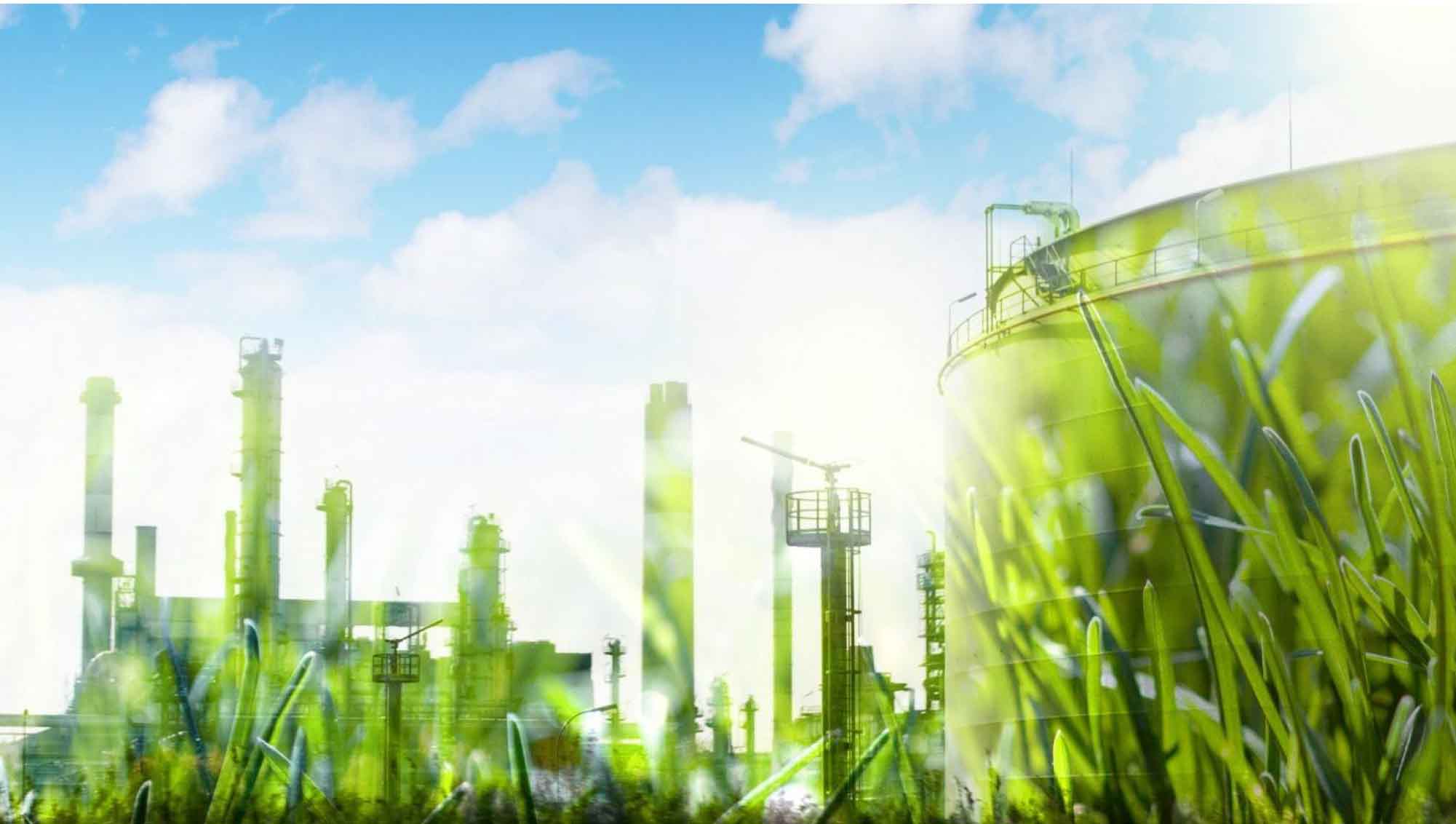
Lorenzo Baronti 
Masters in Circular Economy - Università degli Studi della Tuscia
Enhancing collaboration
As mentioned on our Blog, Collaborative Economy is recently born and still developing economic model that embraces very different initiatives and projects, from digital platforms where you can offer goods and services to cohousing spaces. In fact, this economic model enhances the concept of sharing and using an asset rather than buying it and using it exclusively, offering multiple advantages, not only economic and social but also environmental. But how will Alkebulan benefit to local communities in Kenya while producing briquettes?
A social business model
Alkebulan business model will be entirely based on sustainability, from the very first processes to the final product delivery. By the moment that the term “sustainable” refers both to the environmental, financial and social ethical approaches, Alkebulan will make sure that during the production process of sustainable briquettes, local communities and companies will be empowered and involved in the business model.
For this reason Alkebulan’s activities are strictly related to the local sustainable development and will invest around 120.000 $ per year.
Around 50 local male and female employees will be trained, educated and hired to operate in our production facility, in the Green Briquette manufacturing and within our in-house organic fertilizer processing.
Local citizens will also benefit of an on-site Alkebulan Dispensary, which will provide free diagnosis and consultations, together with medication offered at the lowest rates and free for Alkebulan employees.
In addition, Alkebulan will provide communities with free briquettes for household cooking, free organic fertilizer for 20 small stakeholder farmers, and free fodder produced from rejected briquettes.
But we’re not done yet, we will be able to build an Alkebulan Canteen which will offer products with high nutritive values, and specific for certain diets.
Social Sustainability within Alkebulan
As mentioned in the UN website social sustainability is about identifying and managing business impacts, both positive and negative, on people. The quality of a company’s relationships and engagement with its stakeholders is critical. Directly or indirectly, companies affect what happens to employees, workers in the value chain, customers and local communities, and it is important to manage impacts proactively. This is the foundation at Alkebulan, as cooperation is a key value for the company.
In line with Kenya Vision 2030, enhanced by the Government At a minimum, Alkebulan increases human rights quality and inclusivity through its philosophy.
- Contribute in other ways to improve the lives of the people they affect, such as by creating decent jobs, goods and services that help meet basic needs, and more inclusive value chains.
- Make strategic social investments and promote public policies that support social sustainability.
- Partner with other businesses, pooling strengths to make a greater positive impact.
Do you have any questions on any activities at Alkebulan? Feel free to contact us!

